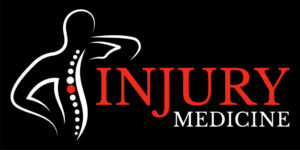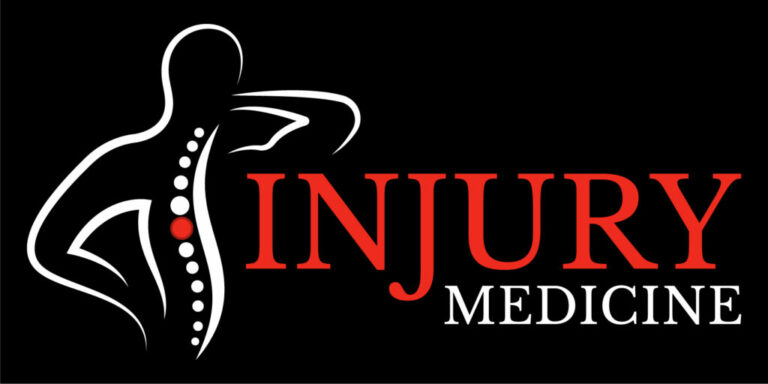A concussion is a medical condition characterized by a mild traumatic brain injury (TBI) that typically occurs as a result of a blow or jolt to the head or body, causing the brain to move rapidly back and forth within the skull. While primarily a medical and neurological term, concussions can have significant legal implications, particularly in cases involving personal injury claims, sports-related injuries, workplace accidents, and legal issues related to medical care and liability. This comprehensive definition aims to provide a detailed overview of concussions, their legal implications, and their significance within various legal scenarios.
Medical Characteristics of a Concussion
Injury Mechanism: Concussions often result from direct or indirect trauma to the head or body. Common causes include motor vehicle accidents, falls, sports-related impacts, workplace accidents, and physical assaults.
Pathophysiology: A concussion occurs when the brain experiences rapid acceleration or deceleration within the skull, leading to temporary changes in brain function. It does not typically involve structural brain damage visible on imaging studies like CT scans or MRIs.
Symptoms: Symptoms of a concussion can vary but may include headache, dizziness, confusion, memory problems, difficulty concentrating, sensitivity to light and noise, nausea, and in some cases, loss of consciousness. Symptoms may not always be immediately apparent and can evolve over time.
Diagnosis: Concussions are diagnosed based on clinical evaluation by healthcare providers. Imaging studies may be conducted to rule out more severe brain injuries. Specialized concussion assessment tools, such as the Sport Concussion Assessment Tool (SCAT), may be used in sports-related evaluations.
Treatment: Treatment for a concussion involves rest, both physically and mentally. This allows the brain to heal and symptoms to subside. In severe cases, medical professionals may recommend hospitalization and close monitoring.
Recovery: Concussion recovery varies from person to person but generally involves a gradual return to normal activities. Athletes, for example, may follow a gradual return-to-play protocol under medical supervision.
Legal Implications in Various Legal Scenarios
Concussions can have significant legal implications in various legal scenarios, including:
Personal Injury Claims: Individuals who sustain concussions as a result of accidents or incidents caused by the negligence or fault of others may seek compensation for medical expenses, pain and suffering, lost wages, and other damages. Legal proceedings may involve assessing liability and the extent of the injuries.
Sports-Related Injuries: In cases of sports-related concussions, athletes and their families may pursue legal action against sports organizations, schools, coaches, or healthcare providers if they believe that proper concussion protocols were not followed or if there was negligence in managing the injury.
Workplace Accidents: Employees who sustain concussions in workplace accidents may be eligible for workers’ compensation benefits to cover medical costs and lost income. Legal proceedings may involve determining whether the injury occurred within the scope of employment and assessing the extent of disability.
Medical Malpractice: In cases where concussions are not properly diagnosed or managed by healthcare providers, individuals may pursue medical malpractice claims. Allegations of negligence may arise if there are delays in diagnosis, mismanagement of treatment, or failure to follow established concussion protocols.
Preventive Measures and Legal Considerations
To mitigate the risk of legal issues related to concussions and promote safety, individuals, sports organizations, employers, and healthcare providers can consider the following preventive measures and legal considerations:
Concussion Education: Promote education and awareness about concussions, especially in sports and workplace settings, to ensure that individuals recognize the signs and symptoms and understand the importance of reporting head injuries promptly.
Concussion Protocols: Implement and adhere to concussion management protocols in sports, schools, and workplaces, including proper evaluation and return-to-play or return-to-work guidelines. Compliance with state and local laws governing concussion management is essential.
Protective Equipment: In sports and recreational activities, use appropriate protective equipment, such as helmets, to reduce the risk of head injuries and concussions.
Medical Care: Seek prompt and appropriate medical care for individuals who experience concussions. Proper documentation of the injury and its treatment is essential for potential legal claims.
Legal Consultation: In cases where concussions result in significant pain, disability, or financial losses, individuals should consult with legal professionals who specialize in personal injury, sports law, workers’ compensation, or medical malpractice to understand their rights and potential legal options.
Conclusion
A concussion is a mild traumatic brain injury resulting from a blow or jolt to the head or body that causes the brain to move rapidly within the skull. While primarily a medical and neurological term, concussions can have significant legal implications in personal injury claims, sports-related injuries, workplace accidents, and medical malpractice cases. Legal professionals, medical experts, sports organizations, employers, and individuals should collaborate to ensure fair legal outcomes and promote safety and well-being in cases related to concussions. Proper education, adherence to legal requirements, and access to legal counsel are essential factors in achieving equitable solutions in cases involving concussions.

